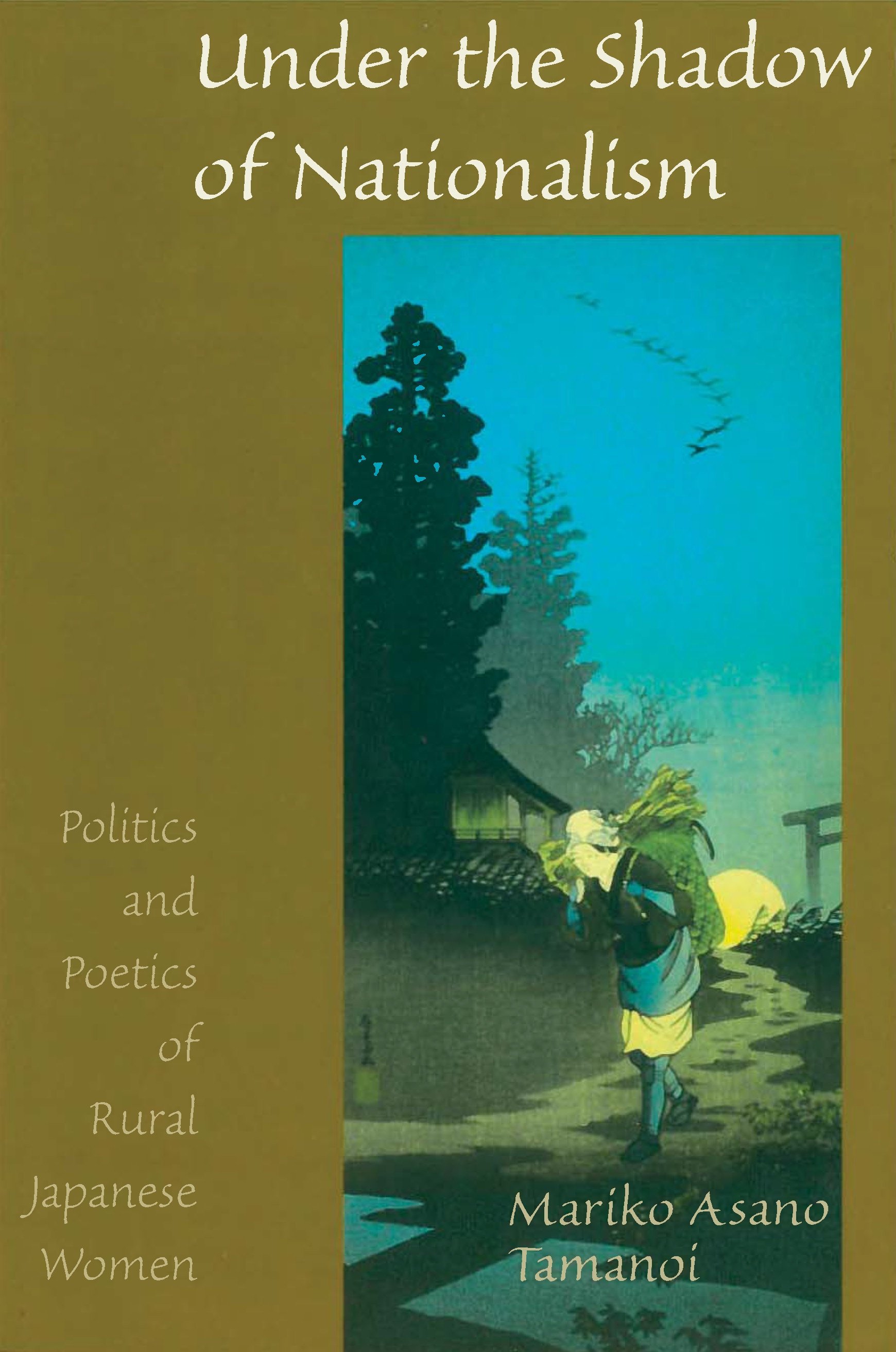Under the Shadow of Nationalism
Under the Shadow of Nationalism
The contribution of rural women to the creation and expansion of the Japanese nation-state is undeniable. As early as the nineteenth century, the women of central Japan's Nagano prefecture in particular provided abundant and cheap labor for a number ...
Read more
The contribution of rural women to the creation and expansion of the Japanese nation-state is undeniable. As early as the nineteenth century, the women of central Japan's Nagano prefecture in particular provided abundant and cheap labor for a number of industries, most notably the silk spinning industry. Rural women from Nagano could also be found working, from a very young age, as nursemaids, domestic servants, and farm laborers. In whatever capacity they worked, these women became the objects of scrutiny and reform in a variety of nationalist discourses--not only because of the importance of their labor to the nation, but also because of their gender and domicile (the countryside was the centerpiece of state ideology and practice before and during the war, during the Occupation, and beyond). Under the Shadow of Nationalism explores the interconnectedness of nationalism and gender in the context of modern Japan. It combines the author's long-term field research with a painstaking examination of the documents behind these discourses produced at various levels of society, from the national (government records, social reformers' reports, ethnographic data) to the local (teachers' manuals, labor activists' accounts, village newspapers). It provides a wide-ranging yet in-depth look at a key group of Japanese women as national subjects through the critical chapters of Japanese modernity and postmodernity.
Less



























.jpg)

